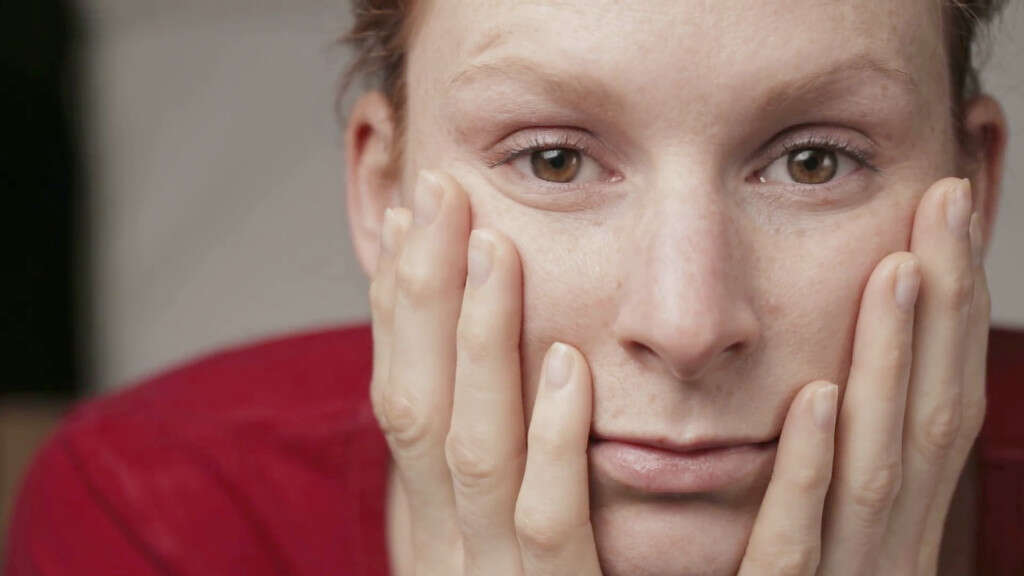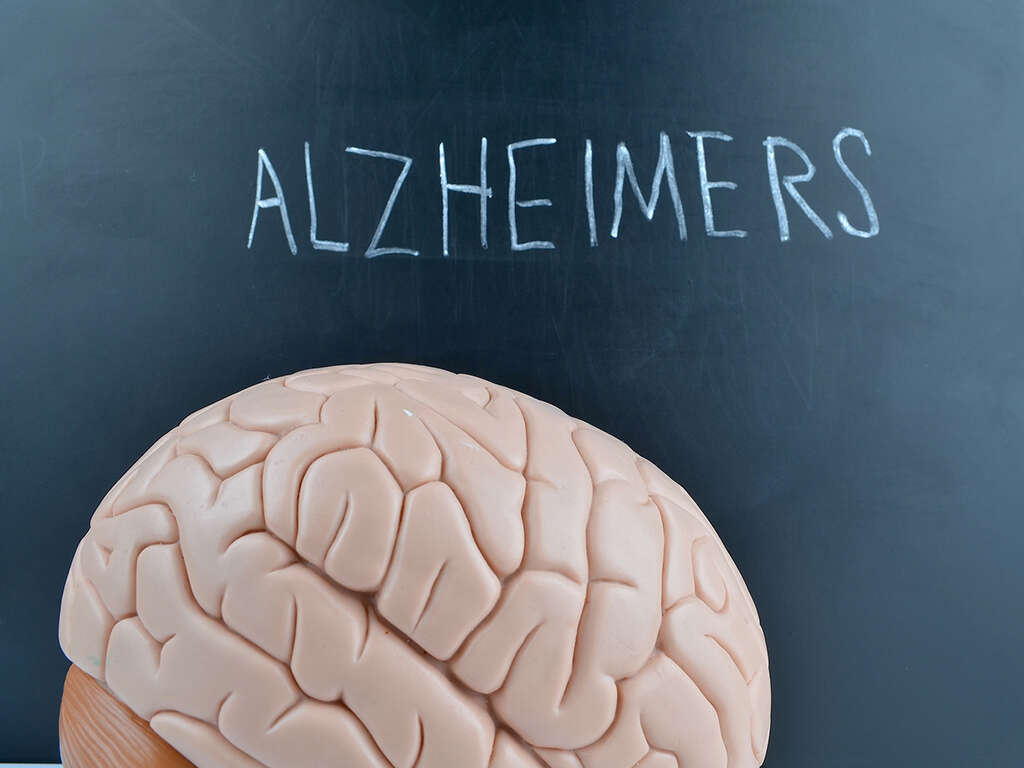10 Symptoms of Delirium
The human brain is an extremely complex organ. It performs countless calculations every second and has capabilities far beyond even our latest technology. When something is so complex, though, there is a great deal that can go wrong, and it sometimes does.
Delirium is a condition where the patient can suffer from various mental disturbances. The way that they think can change drastically and even basic functions suddenly become a lot harder than usual. It is often caused by illnesses and also events such as surgery and infections.
The symptoms can be dangerous and the patient should be given medical assistance as soon as possible. Below are 10 symptoms of delirium to look out for.

Symptom #1: Easily Distracted
There is often a great deal going on around us. There can be multiple people doing different things, shows on the TV, and sometimes there are activities going on outside the window. Still, we generally manage to focus on what we are doing and take no notice of the other things that are going on.
One of the early signs of delirium is that the patient can become easily distracted. Even trivial things can distract them from what they are supposed to be doing. This can make it very difficult for them to get anything done, even if they do have serious things to be focusing on.

Symptom #2: Sticking on Ideas
When talking with other people, we will tend to share ideas and thoughts on certain subjects. We’ll say what we have to say, and will then often stay quiet and listen to what other people have to say. People suffering from delirium, however, can find this to be difficult.
Instead of sharing and listening, they will often focus on one point and stick to it. Instead of responding accordingly to the input of other people around them, they can continue on their path of talking about the idea that is stuck in their head. At times, it can be as though they are just talking to themselves and nobody else is around them.

Symptom #3: Disorientation
Our brains are very good at letting us know what is happening around us. We can take in various events and process them with ease, making us aware of our surroundings at all times. If all is not well, though, then even knowing what is around us can become very difficult.
People suffering from delirium can become very disorientated. They may struggle to understand where they are and how they got there, as well as struggling to make sense of activities around them. It can become very disturbing for them, and they will likely need to be taken to a safe place.

Symptom #4: Withdrawn
We all have different personalities and some people like to get involved with activities more than others. Even those that do tend to be quite reserved, though, will still enjoy getting involved with close friends and family from time to time. However, if somebody has become more withdrawn than usual, then it can be a sign that all is not well.
People that are suffering from delirium will often withdraw completely from activities and socializing with others. They may choose to stay in a room alone, away from everybody else, only speaking with others when absolutely necessary. This can also be a sign of various other problems, some of which can be very serious.

Symptom #5: Memory Loss
Human beings have impressive memories. We can remember complex calculations and also events that happened to us many years ago. Mostly, these memories will stay tucked away until we need them, at which point they can be recalled with ease. If the brain is not well, though, then recalling these memories can become a great deal harder.
Patients with delirium will sometimes find that they begin to lose their memory. They can struggle to remember even simple things, especially things that have occurred recently. This is potentially risky, particularly when it comes to things such as turning off stoves and other appliances.

Symptom #6: Rambling
Good speakers are able to make themselves well understood. They are able to keep on topic and speak in a way that allows others to understand them with ease. Some people are better at this than others, but if somebody is rambling then it could be a sign of an illness.
Patients with delirium will sometimes go from one topic to another when speaking. This can make it difficult to follow what they are saying as they are continually changing track. It is a sign of various mental illnesses and is something that should be checked out as soon as possible.

Symptom #7: Reading Difficulties
Reading comes as second nature to most of us. Indeed, many of us even do so for pleasure, and some can read in multiple languages. It is something that we start learning from a young age and that lasts with us until the day that we die. Sometimes, though, even reading can become difficult for people.
Delirium can cause people to have trouble reading, even if their eyes are in good working order. This means that they can also struggle to write regardless of their ability to use their hands. Such symptoms are a clear sign that something could be wrong so medical advice should be sought as soon as possible.

Symptom #8: Trouble Finding Words
Human beings have a very impressive vocabulary. We remember tens of thousands of words and are able to remember those words to use them at a whim. This allows us to speak in complex languages, and some people can even speak in multiple languages. Even people with a relatively limited vocabulary can still remember a surprising number of words.
People with delirium, however, can have difficulty finding the words that they need. This can make it very difficult for them to communicate what they are thinking, and this can be very frustrating for them. This is in addition to other speaking problems such as slurred speech.

Symptom #9: Paranoia
It is sensible to keep your guard up to a degree. There is a chance that certain people might try to harm us, but some common sense will reduce the chances of anything bad happening considerably. For some people, though, it can feel like everybody is out to get them, even when nobody is.
People with paranoia can feel as though other people are plotting behind their backs to hurt them. This can even include close friends and family, even if those people are only trying to help. Paranoia can occasionally lead to violent behavior as the patient feels they need to protect themselves from others.

Symptom #10: Hallucinations
Our sensory organs have evolved to be able to detect certain information around us. This information is then sent to the brain, which paints a picture of what is happening. It’s a system that works very well but it can sometimes go wrong. If the brain is not working properly, then the picture of the world it is painting can become very confused.
Delirium can cause hallucinations. This means that the patient can see, hear, and even feel things that are just not there. It can be difficult for the patient to differentiate between what is real and what is not, and this can be made so much worse when accompanied by paranoia.










